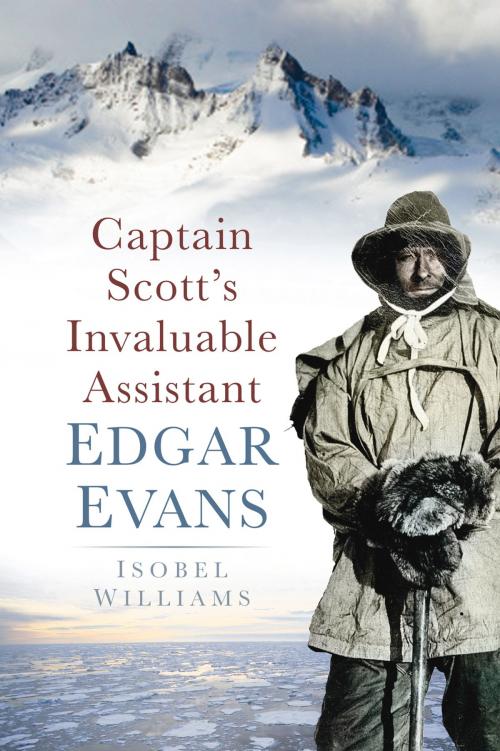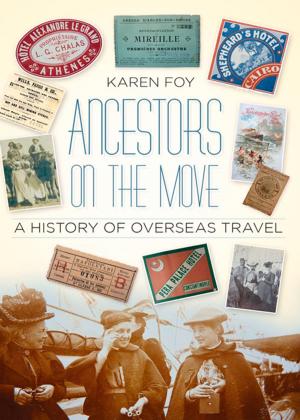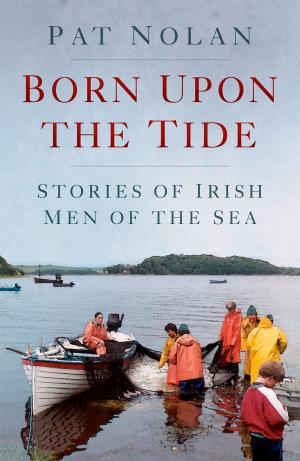| Author: | Isobel Williams | ISBN: | 9780752477602 |
| Publisher: | The History Press | Publication: | November 30, 2011 |
| Imprint: | The History Press | Language: | English |
| Author: | Isobel Williams |
| ISBN: | 9780752477602 |
| Publisher: | The History Press |
| Publication: | November 30, 2011 |
| Imprint: | The History Press |
| Language: | English |
The first biography of one of the lower-deck members of Scott's fatal Antarctic expedition Edgar Evans was described by Robert Falcon Scott as "a giant worker . . . an invaluable assistant." He explored more miles of Antarctica than any other member of the Terra Nova Expedition, but his contribution has been largely overlooked because of the implication that, as he was the first to die, he slowed up the progress of the return journey. This biography corrects this false impression, as well as redresses the balance of the attention paid to the upper- and lower-deck members of the expedition. Having joined the Royal Navy as a boy sailor at the age of 15, Evans rose rapidly to the rank of chief petty officer, serving with a young Scott on board HMS Majestic along the way. He took part in the Discovery Expedition of 1901–04, and was awarded the Polar Medal on Scott's recommendation.
The first biography of one of the lower-deck members of Scott's fatal Antarctic expedition Edgar Evans was described by Robert Falcon Scott as "a giant worker . . . an invaluable assistant." He explored more miles of Antarctica than any other member of the Terra Nova Expedition, but his contribution has been largely overlooked because of the implication that, as he was the first to die, he slowed up the progress of the return journey. This biography corrects this false impression, as well as redresses the balance of the attention paid to the upper- and lower-deck members of the expedition. Having joined the Royal Navy as a boy sailor at the age of 15, Evans rose rapidly to the rank of chief petty officer, serving with a young Scott on board HMS Majestic along the way. He took part in the Discovery Expedition of 1901–04, and was awarded the Polar Medal on Scott's recommendation.















